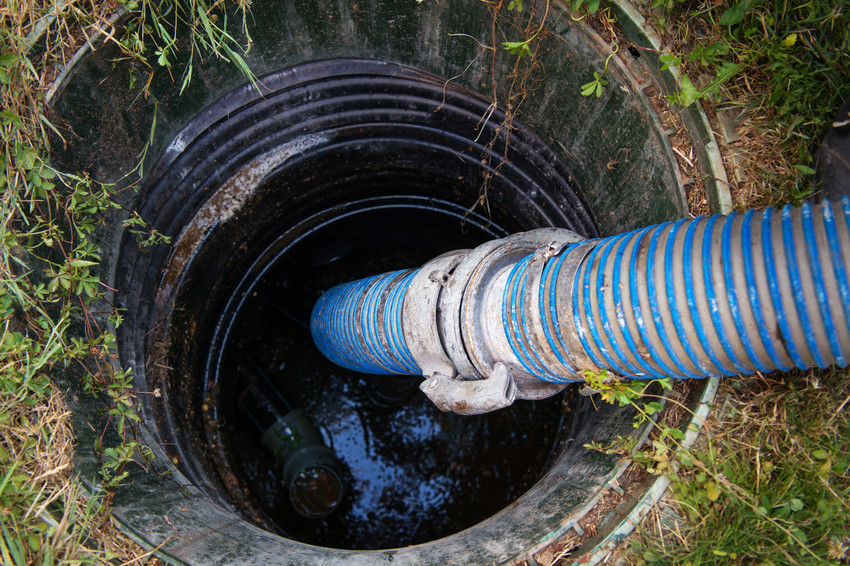
Many properties around the UK, particularly those of which are more rural, are still fitted with cesspits when suitable access to a mains sewer is unavailable. Cesspits are a viable way of disposing of and storing waste but they require regular cleaning, emptying and maintenance to ensure they remain in good working order.
If you have just bought a property that has a cesspit installed or you already own one, we’ll explain how we can help you ensure that it continues to provide efficient service for years to come.
What is a Cesspit?
A cesspit is a sealed tank which is located underground, somewhere within the boundary of your property. The purpose of this tank is to collect all of the waste that is deposited into your property’s sewage system.
Due to its sealed nature, there is no treatment or processing of the waste contained unlike with other forms of waste management systems. Because of this, cesspits require emptying more frequently.
How Often Does a Cesspit Require Emptying?
This depends entirely on the nature of your property and the size of your cesspit. The average household can often go months before their cesspit requires emptying whereas some will require emptying at least on a monthly basis.
If you’ve just purchased your property, we suggest reviewing the plans to ascertain the size of the tank installed before then contacting us for further advice. If possible, we also recommend speaking to the previous owner for more information on their emptying schedule.
Cesspit Degradation, Blockages and Overflowing
Due to the nature of effluent waste, you will find that your cesspit is able to store an increasingly reduced amount of waste due to the build-up of solid matter at the bottom. Unfortunately, it is not always possible to remove all of this sediment through the emptying process, often leaving solid matter left behind.
Such a build-up has the propensity to cause your cesspit tank to overflow which can cause problems with your drainage system, and can even damage the cesspit itself if the problem is left unrectified.
To prevent these problems from occurring, we recommend;
- Ensuring that your cesspit is thoroughly cleaned on a regular basis. Once every six months to one year should be sufficient to prevent the excessive build-up of solid matter.
- Ensuring that your cesspit is inspected for damage to its structure during the cleaning process, as this will give you an idea of the overall health of your sanitation system.
JH Willis & Son: Providing Professional Waste Management Services
With over 50 years of experience in the management of a range of sanitation systems, we can provide you with the advice and expertise you require to ensure that your property’s drainage systems are working efficiently.
Simply contact us or call us today on 0151 356 0351 to discuss your requirements with a member of our team. We cover the areas of North Wales and Cheshire and can provide ongoing waste management services to a range of properties whether residential or commercial.

